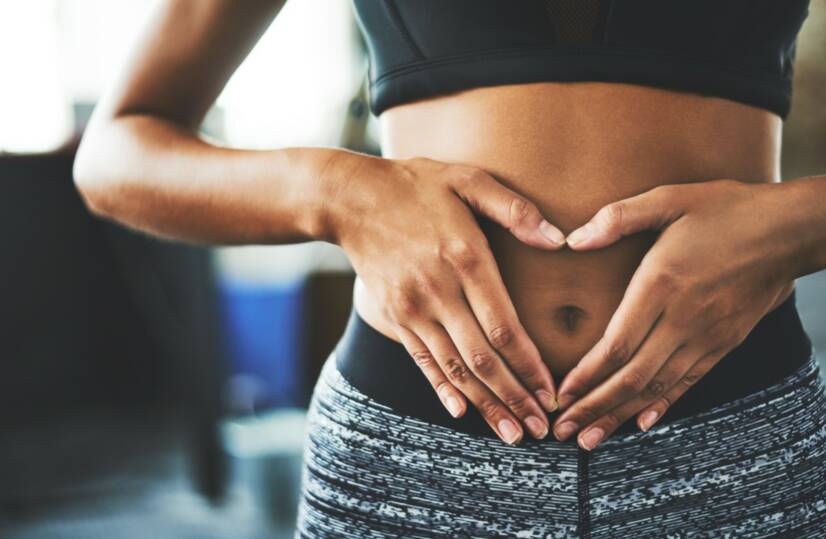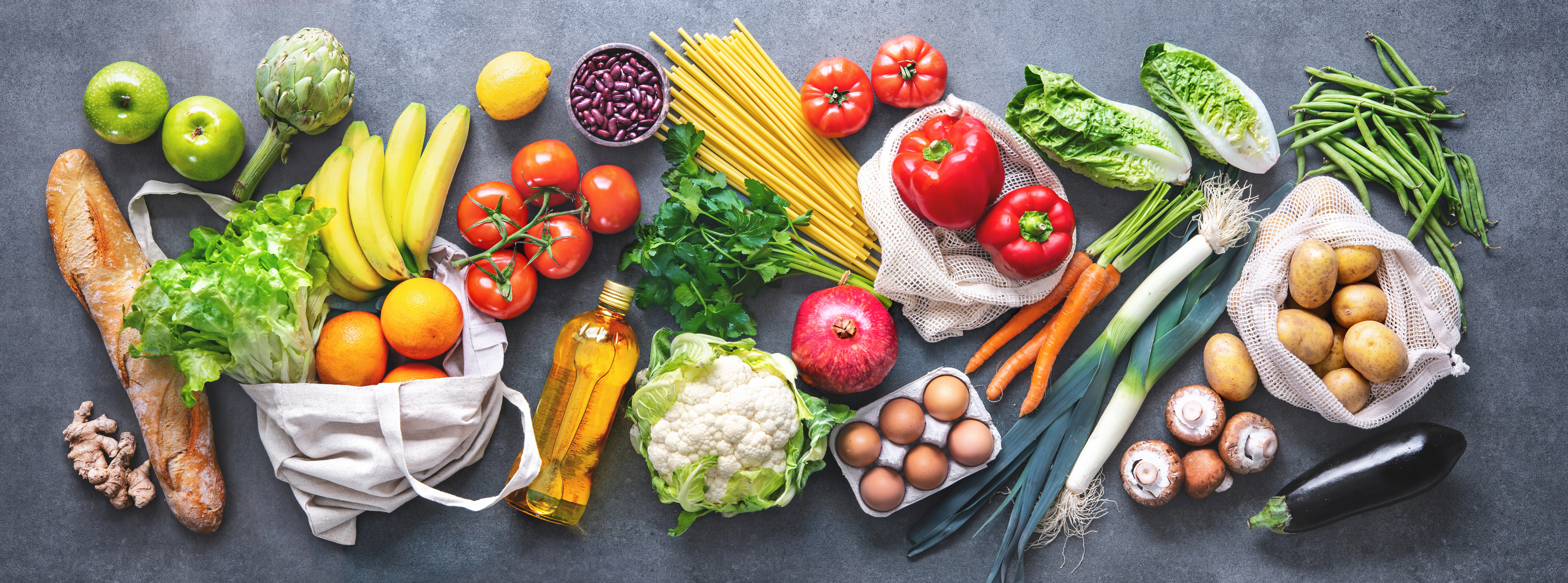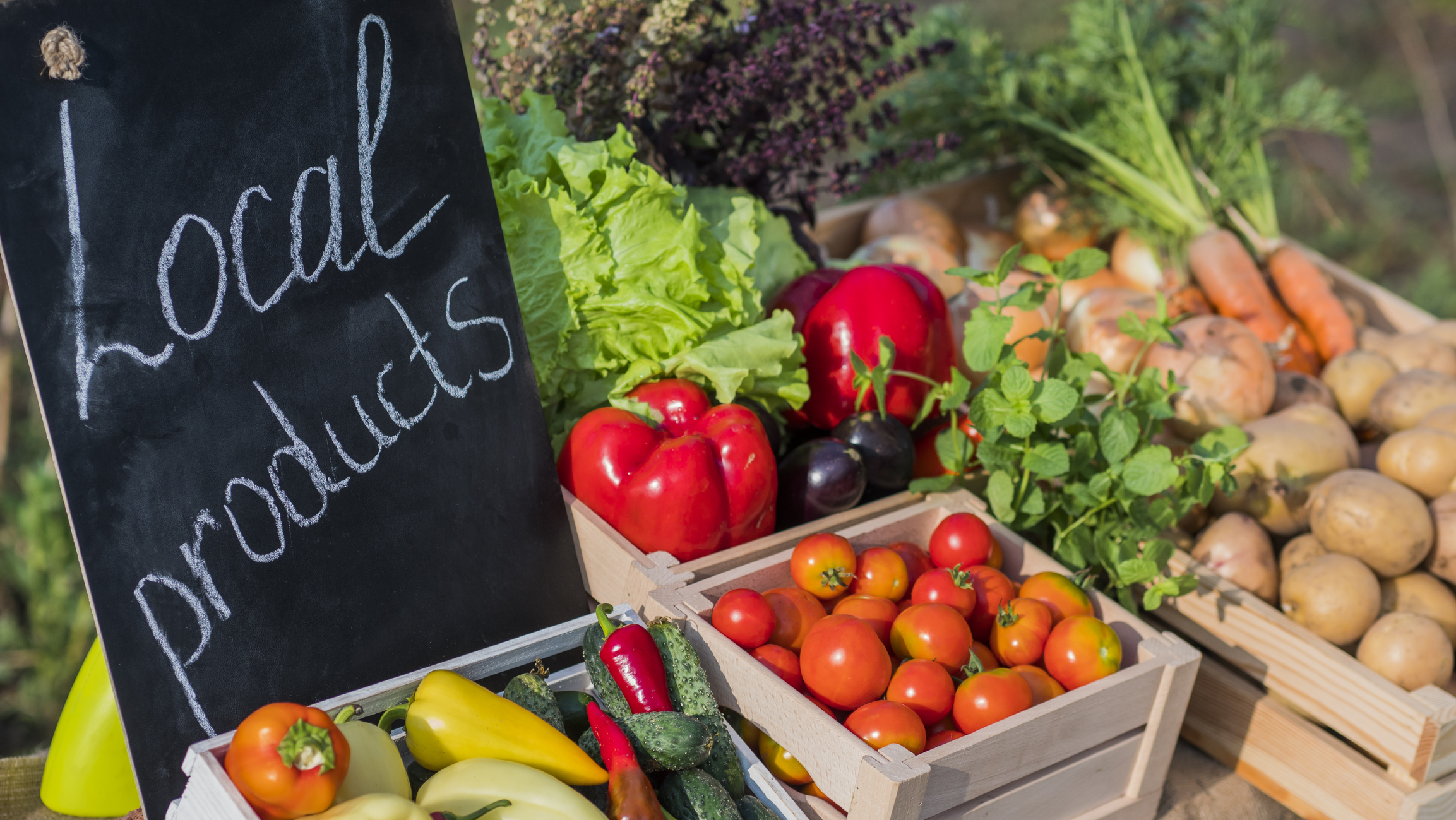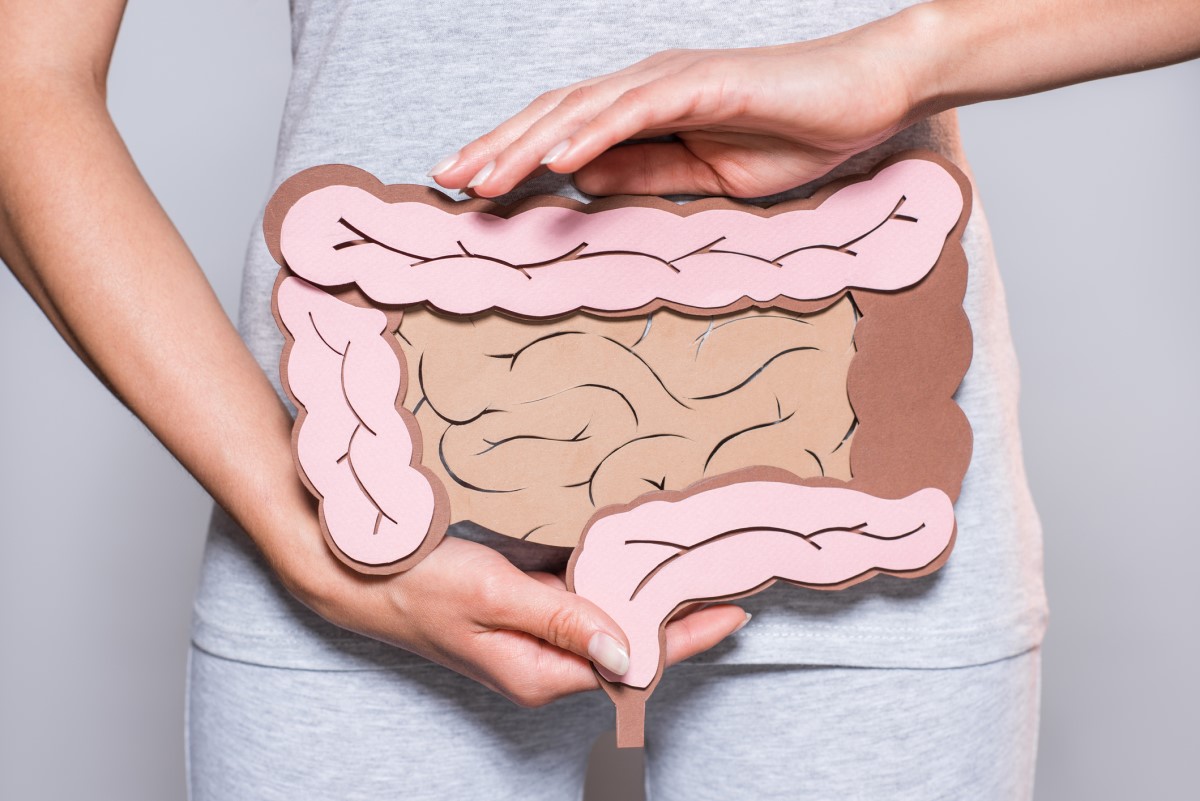The digestive tract and digestion: how to support it? Function + digestive enzymes

Do you know how the digestive tract works and the important digestive enzymes? How to improve your digestion? Read advice and tips...
Article content
How to support digestion?
I'm sure you know all those quick post-Christmas and New Year's drastic diets.
They tempt you with the idea of a quick miracle and a new body. The quick results are not real results, they don't benefit the body at all and your digestion only gets more disturbed.
A popular and medically proven simple recipe for better digestion is:
Move!
Drink water!
Eat fiber!
It forms the basis of proper motility, the peristaltic waves of the digestive tract.
They provide the necessary movement of food through the digestive tract.
All the ways to bypass the movement are simple on the surface, but deceptive.
Sufficient fluids are an essential condition. If there is a lack of water, the stools are hard and one suffers from constipation (obstipation).
More vegetables and fruits, a million times repeated and true.

Seasonality...
Let's put seasonality back into our diet.
Let's bring back more freshness and localness.
Even though it's winter, that doesn't mean we're relying solely on fibre from supermarkets.
Sauerkraut, legumes such as beans, lentils, peas or red beetroot or forgotten poppy seeds are ancient foods. They contain incredible immunity boosters, they support a healthy microbiome, but they are forgotten.
The microbiome refers to the microorganisms that naturally inhabit us, found in the cavities and on the surface of the human body. They even outnumber the body's own cells.
Everyone is different and not everyone digests everything. Not everyone likes chia yoghurt and not everyone likes eggs for breakfast.
Probiotics: when to take them? How to choose the right ones?+ For children and babies
Movement
A person who works manually needs a different diet than a person who sits in an office all day.
Unfortunately, many people are exposed to a lot of stress on a daily basis. This has a big impact on the body, especially on digestion.
Everyone within their means, if they take a few small steps, it makes a huge difference to the body.
Eat more primary ingredients!
In today's fast-paced world, this is more difficult, but it's worth it.
At first it requires more information - where and how to get better quality primary ingredients. But then it becomes part of your diet and believe me, it makes an incredible difference to your body.
The reward is good digestion, a strong immune system and prevention of serious illness.
Where you live, you can usually always find a large or small market or at least a small gathering of local farmers at least a few times a month.
Alternatively, ask around for a grower or farmer in a village near your town. You will discover tastier and better quality fruits, vegetables, cow, goat, sheep milk, meat, eggs and other unfamiliar products.

Give your gut time to rest too!
It is also very important for your digestion to give your digestive system room to regenerate. Don't overload it by constantly overeating.
Try to take stock of your day. See if you are surprised or even frightened by the total amount of food you have consumed.
The brain's signal of feeling full comes later, and eating quickly often leads to unnecessary overeating and bloating.
These small changes really make a real difference to your digestion and to your body.
Fibre
We know about soluble and insoluble fibre in food. Soluble fibre dissolves in water and digestive juices, binds water to itself and forms a gel. We find it in apples, nuts, oats, for example. Soluble fibre is represented by pectin or seaweed polysaccharides, for example.
Insoluble fibre does not dissolve in water and contains cellulose and hemicellulose. It can be found, for example, in fruit skins, wholemeal bread, rice husks. This type of fibre passes through the digestive system virtually unchanged and attracts water to the stool, thereby softening the stool.
The digestive system and its composition
Did you know that the digestive tract (gastrointestinal system)...?
- It ensures the intake and processing of food
- absorption of substances and nutrients and provides the body with the energy it needs to function
- has chemical, immunological and mechanical defences against infection and the action of toxic substances
The digestive system consists of:
- the oral cavity
- salivary glands
- pharynx
- liver (bile ducts, bile reservoir - gall bladder)
- pancreas
- digestive tract (oesophagus, stomach, small intestine consisting of duodenum, jejunum, ileum, large intestine consisting of worm-like appendix, appendix, appendix, ascending part, transverse part, descending part, esophagus, rectum)
It is popularly called appendicitis. In fact, it is not the appendix but the worm-like appendage.
The wall of the alimentary canal consists of several layers and is modified in different parts as required.
Digestion is a very complex process. It breaks down food into smaller, simpler particles which are then transported to the tissues of the various organs.
The oral cavity is the beginning of the digestive system where two processes take place - chewing and swallowing.
Saliva initiates digestion in the oral cavity. It contains the digestive enzyme amylase.
The gut has no teeth!
Eat slower and chew more.
Large pieces of food only put more strain on the metabolism.
Next comes the esophagus, which connects the pharynx and stomach.
In the stomach, gastric juice forms.
Stomach juice is formed:
- water
- hydrochloric acid
- enzymes (pepsin, gastric lipase, gelatinase, chymosin, gastric amylase)
- other substances (intrinsic factor, gastrin, gastroferrin, serotonin, somatostatin, lysozyme, mucin)
The most important enzyme of gastric juice is pepsin.
With prolonged stress and strain, the amount of gastric juice increases and ulcers develop.
The pancreas is also involved in digestion. Endocrine production of hormones (e.g. insulin), but also exocrine secretion (excretion) of pancreatic juice takes place in this organ.
From the stomach, food moves into the duodenum where it mixes with pancreatic juice, which contains large amounts of bicarbonate, chloride, sodium and potassium ions and is involved in further digestion.
It is responsible for the alkaline (basic) reaction and neutralizes hydrochloric acid from the stomach.
Pancreatic juice contains enzymes for the digestion of sugars, fats and proteins.
Pancreatic juice enzymes:
- Pancreatic α-amylase (breaks down sugars)
- Trypsin, chymotrypsin, carboxypeptidase, elestases, nucleases (breaks down proteins)
- Pancreatic lipase, cholesterol esterase, phospholipase (fat cleaving)

Another part of the digestive system is the small intestine, which consists of the duodenum, jejunum and ileum. In the intestine we also find a number of cells with important functions.
Intestinal cells are called enterocytes. In the intestine we also find intestinal juice, which contains inorganic and organic substances.
Intestinal juice contains:
- enzymes (enetreopeptidases, nucleases, sucrase, maltase, lipase, isomaltase)
- water, sodium chloride, bicarbonates
- other substances (mucin)
The secretion (excretion) of intestinal juice depends on chemical, mechanical influences exerted on the intestine by the ingested food. It is increased by the influence of bile, fats, protein products of digestion, etc.
The large intestine is connected to the small intestine by a special so-called ileocecal sphincter. The basic function is the absorption of water, electrolytes, storage of undigested residues, formation of stool and its excretion from the body (defecation).
Good digestion, good stool...
What does stool contain?
- 75% of stool is water
- dyes (derivatives of the bile dye bilirubin)
- undigested food debris
- components of juices, dead epithelial (surface) cells
One of the most common causes of indigestion and constipation (obstipation) is indeed a lack of fluids. By the very composition of the stool we can see that it is indeed necessary and regulated.
The physiological part is the smell of the stool, which is caused by the gases produced by the activity of the body's bacteria.
The most common symptoms of indigestion are:
- heartburn (pyrosis) to chest pain
- bad breath
- excessive burping, hiccups
- difficulty defecating, constipation
- diarrhoea
- alternation of diarrhoea and constipation
- feeling of bloated abdomen (flatulence)
- rapid feeling of fullness
- urge to pass stools (tenesmus)
- feeling of incomplete defecation
- abdominal pain
- weight-related problems
- urge to vomit (nausea)
- vomiting
Interesting resources










